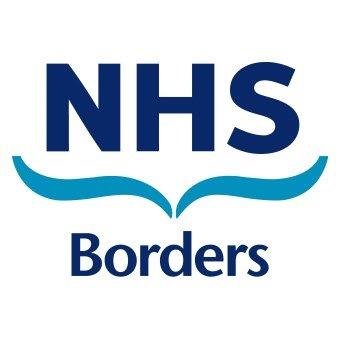Who to Refer:
You can refer individuals to Speech and Language therapy for:
Communication issues:
- if someone expresses concerns about acquired communication difficulties
- if someone experiences difficulties understanding what is being said to them
- if someone experiences difficulties expressing themselves or interacting with others
- to gain practical advice and support for people with communication needs to enable their decision making capacity
Swallowing issues
- if someone expresses concerns about their swallowing (not related to oesophageal dysfunction)
- if you are concerned that swallowing function is impacting on the person’s health (e.g. repeated chest infections, unexplained weight loss, frequent choking or coughing episode
Care home eating, drinking and swallowing referrals should be referred by an appropriate healthcare professional.
Please note: voice referrals* can only be accepted if the patient has been seen by ENT within the last 3 months.
*The exception being transgender patients – who would be referred via the Gender Identity Clinic, please see service contact details for how to contact.
Who can refer:
For communication difficulties we have an open referral system, including self-referrals.
Who not to refer:
Persisting developmental difficulties with communication.
Adults with Autistic Spectrum Disorder who are looking for communication support.
Please note: voice referrals can only be accepted if the patient has been seen by ENT within the last 3 months.
For Dementia related communication difficulties, unfortunately we are unable to provide therapy, however we do provide assessment and advice.
How to refer:
Via SCI Gateway – AHP Speech and Language Therapy
We also accept self-referrals. Once the form is completed, please send it via email to SpeechandLanguageTherapy.adultreferrals@borders.scot.nhs.uk
